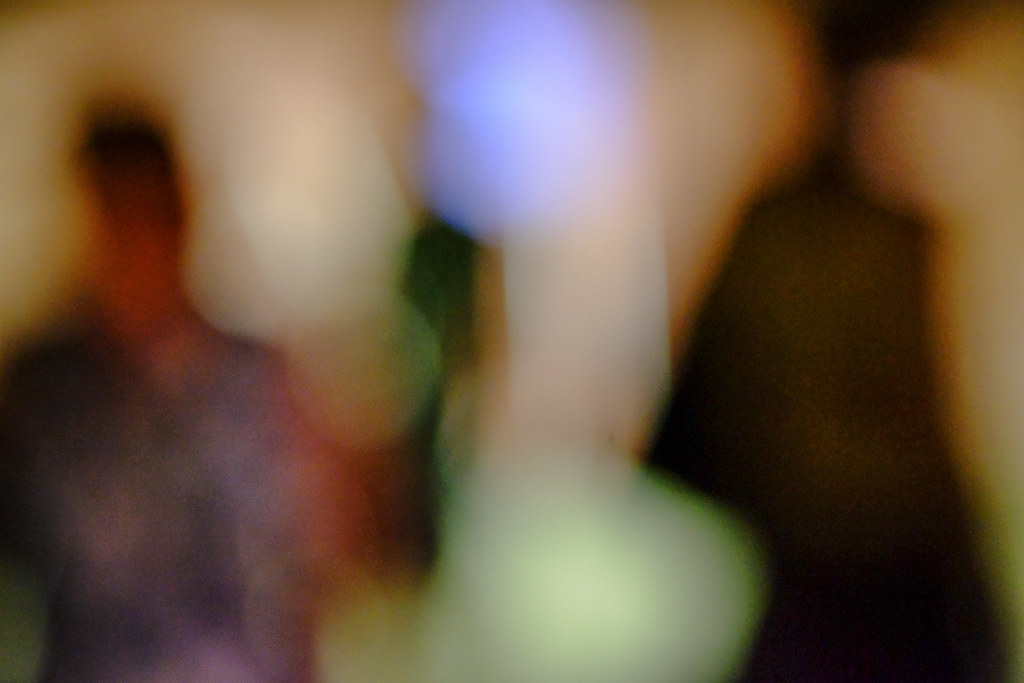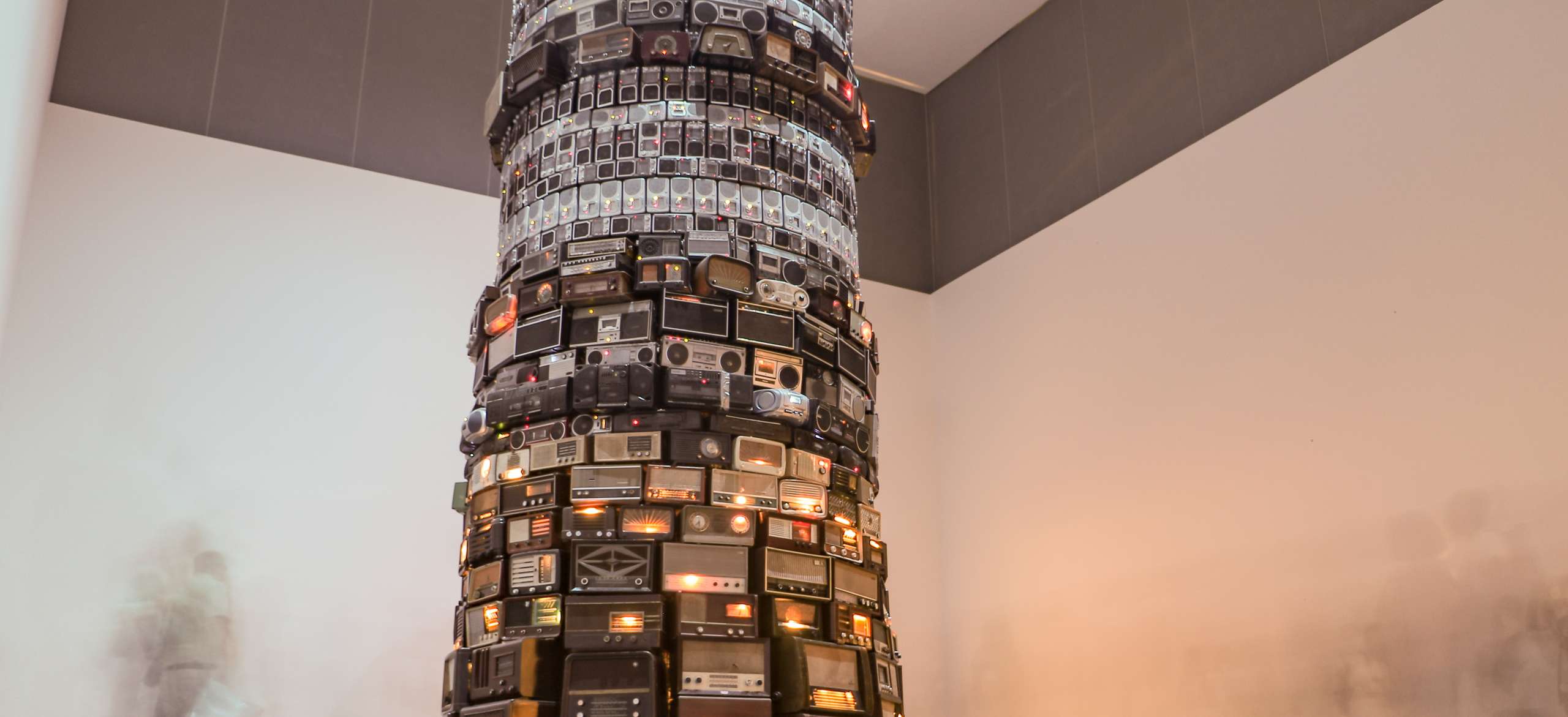With the amount of time people spend in front of screens, it is not unusual to see some changes within online communities. A somewhat recent change in interaction with other people, however, is that people tend to forget there are other people on the other side of that screen as well. The attitude that has taken over, from creators and consumers alike, is that anything goes as long as it garners likes, upvotes or retweets. The first significant instance of this was when Logan Paul uploaded a video in Japan within the so-called “suicide forest” and even showed a recently deceased person in the video. While it was looked down upon by the entire community and the video was taken down, it was the start of a rather jarring change within online communities. This change meant that anything was possible, and only sometimes actions would be taken.
What it used to be

Before this change in online attitudes the Internet, social media in particular, was somewhat of a wholesome place. Communities blossomed for people with shared interests, who now had more interaction about a particular subject than ever before. Instead of going out to look for others who liked your hobby, you could just join an online community and instantly be connected with people. People could discuss politics and other subjects with respect for each other and would at least try to see each other’s sides. Of course, there are some exceptions, there always are. But the Internet was a good place to be, somewhere to socialize without having to go out. It still is in some ways, but in others it has become a reason to be scared off from it, fearing reactions and personal attacks simply for having an opinion.
Algorithms
While algorithms are perfect for automating the screening process of whether something is fit to be uploaded on a specific site, they also remove a lot of the humanity required in this process. Algorithms do not appreciate hard work, and often do not understand the inner workings of the laws, national or otherwise. It looks for a frame, or audio excerpt that may be unlawfully used, and blocks the content for consumption. While this is necessary to protect creators of media, it also harms other creators of media. For example the algorithm of Youtube often claims fragments of movies and music, while they are often fair use. Fair use is a principle that entholds that if a creator is analysing, commentating and not explicitly showing the full product, it is lawful to use these fragments. The claiming of these videos means that youtubers do not get any ad revenue from their hard work. They get frustrated and their viewers get frustrated that nothing was uploaded, or it was unwatchable. This frustration takes people further away from the humanity that is needed to keep the Internet a pleasant place to be on.
Forgetting there is someone behind the screen
What is often forgotten when interacting with anything online, is that there is a person behind the screen reading your posts, comments and other media whether it is a creator, moderator or other consumer. Of course, most western nations have freedom of speech embedded in the constitution, but the laws do not consider morality. Whether what you say is legal, does not mean what you say is right. And the anonymity of the Internet makes it a lot easier to say something morally wrong because no one knows who you are and therefore there will be no repercussions. It is therefore also very easy to drive your own point home, without listening to arguments from others. Some go as far as to personally attack a person defending the other side of the argument. Often, comments can be tone deaf or even offensive simply because someone is hellbent on expressing their opinion, which is the only one that matters to them. This is however not only the case with consumers. Creators, which the example in the introduction shows, can also be offensive. To them, creating media is often a way of making money, so the more consumptions you get, the more money you make. This means that creators more often take a more offensive route in order to attract more views. But, as Logan Paul also didn’t realise, they often don’t consider that their viewers are also people and can be hurt by the actions of others. This causes a loss of humanity on both sides of media. So next time you’re on the Internet, be a little more careful with what you say, as someone could be hurt by your words.



I really appreciated the topic of this post. Very often we refer to the numerous possibilities social media has given us, such as the constant connection with other users, while overlooking the downsides. However, being aware of the issues in the digital world allows us to create a better experience on social media.
I fully agree with your observations about offensive comments left by some users. Even in Italy, people often justify such behaviour by citing the right to freedom of expression. However, expressing oneself freely doesn’t mean ignoring the respect for others. In my opinion, people have the right to say what they think as long as it doesn’t harm others. Insulting comments create an unbalanced dynamic of victim and perpetrator, which can only be restored with a counterattack and ongoing debates. Martin Luther King said, ‘My freedom ends where yours begins’, and I believe this applies to the context of social media as well. We need to reflect on the sense of responsibility that comes with our words; we are free to express our ideas respectfully, setting aside personal beliefs when they may offend or hurt others. No one’s right is superior to another’s; our freedom to express ourselves is just as important as other users’ freedom to share content without being judged or insulted.